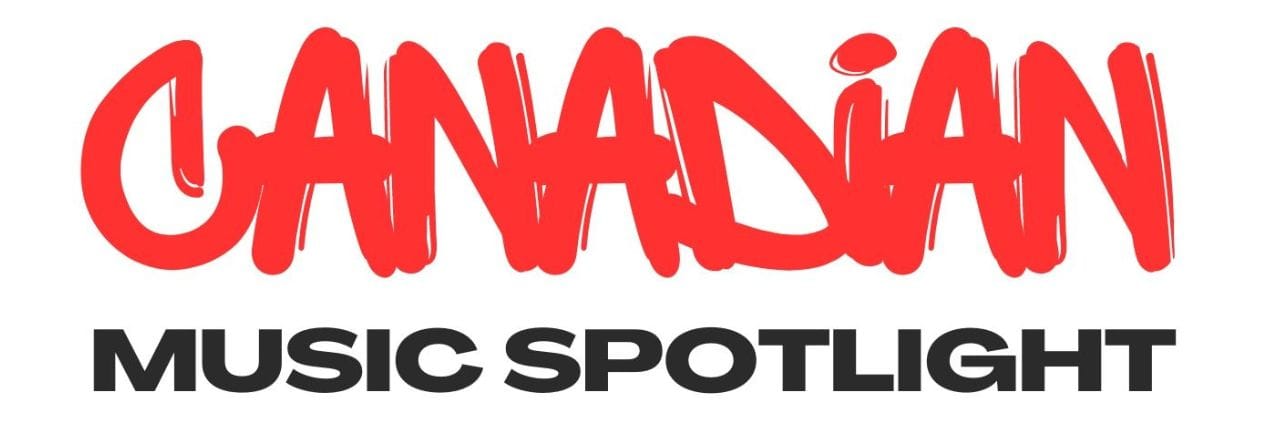The Uneasy Shift

By Huguette Lavigne
As I sit here contemplating Artificial Intelligence I in 2024, I find myself defined by my role as a composer, with a primary focus on writing for the piano. As a musician, I am increasingly encountering the profound impact of AI on our life and livelihood. Like many fellow musicians, I grapple with a spectrum of concerns, fears, and questions while simultaneously marvelling at its awe-inspiring potential.
As humans, our intrinsic need for connection remains paramount, and for musicians, that connection is our audience. I firmly believe that this fundamental bond will endure, persisting even in the face of technological advancements.
While AI continues to evolve, I find solace in the conviction that the endless nuances, boundless inspiration, and the rich spectrum of emotions that define our artistic expression will elude any algorithmic capture.
I have read that no algorithm, at least not yet, has been devised to comprehensively tap into the profound intricacies of our creative process. The elusive journey to inspiration, the delicate shades of our emotions, and the indescribable state from which we draw inspiration to create art, remain elusive to the computational capabilities of AI.
I will continue to write piano pieces—hopefully truly inspired ones! Then, one day, someone might approach me and tempt me with a whole AI symphony based on it, or an AI instrumental version of it. This is where jobs are lost. And it’s already happening.
Algorithmic music employs a set of rules akin to the centuries-old traditions found in classical Western music, where composers like Bach crafted themes and applied specific rules for each fugue's counterpoint. Music, like language, follows rules, with English serving as a universal language, much like the structured nature of algorithmic music.
Consider Bach, who composed enduring masterpieces within the constraints of musical rules. While English is universally understood, not everyone can produce timeless literary works. Similarly, AI, while proficient in certain domains like electronic games and music, may lack the soul, vision, and profound meaning found in human-inspired compositions.
However, this uneasy shift in musical creation, influenced by AI, poses a risk to traditional job roles, a trend already in motion. The challenge lies in preserving the essence of human creativity amidst technological advancements.
Algorithms stand as the antithesis to chaos, providing structured and systematic frameworks. In contrast, the human heart and soul exist as intricate tapestries woven with a myriad of emotions, a mosaic of mixed feelings from which we draw inspiration. It is within this intricate dance of sentiments that we embark on the imaginative journey, navigating the labyrinth of our emotions to ultimately give birth to creation.
“Art is chaos taking shape.”
P. Picasso
Huguette Lavigne is a Canadian pianist and composer.
Website: pianonotesottawa.ca
